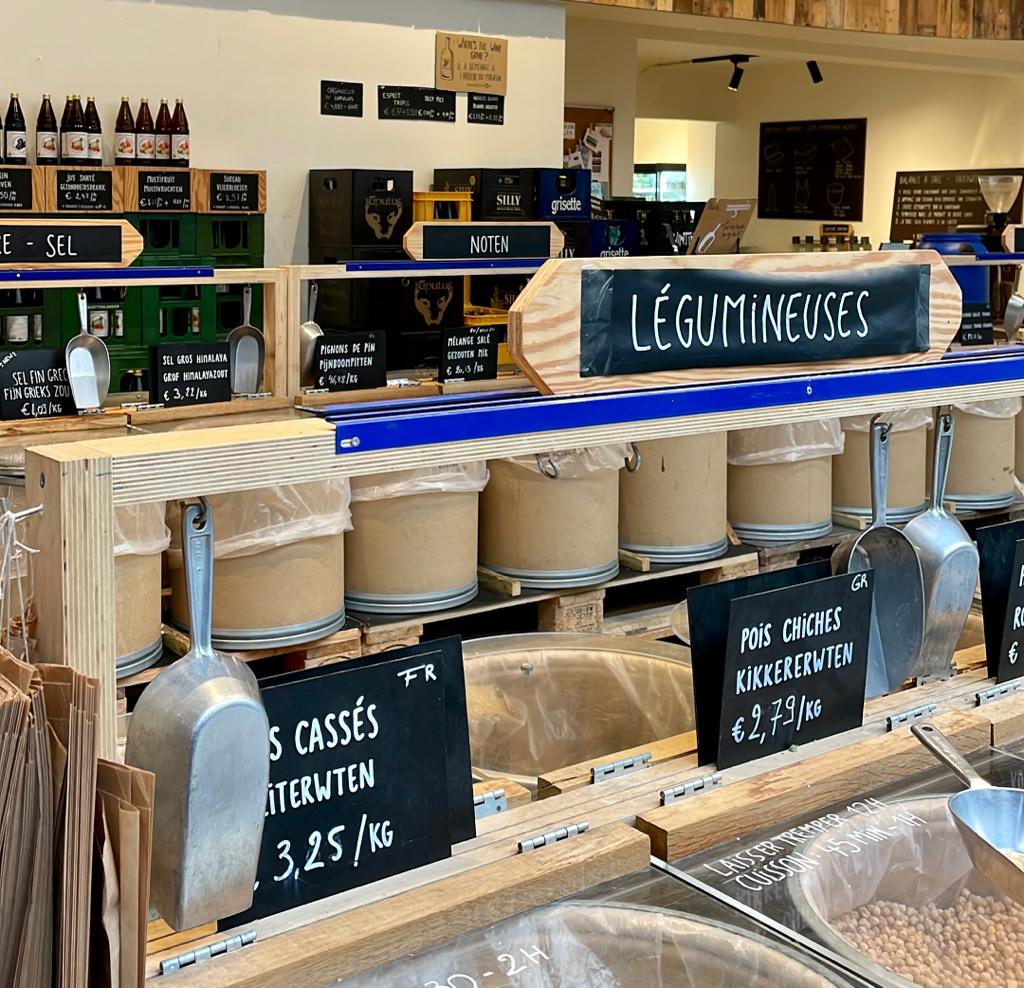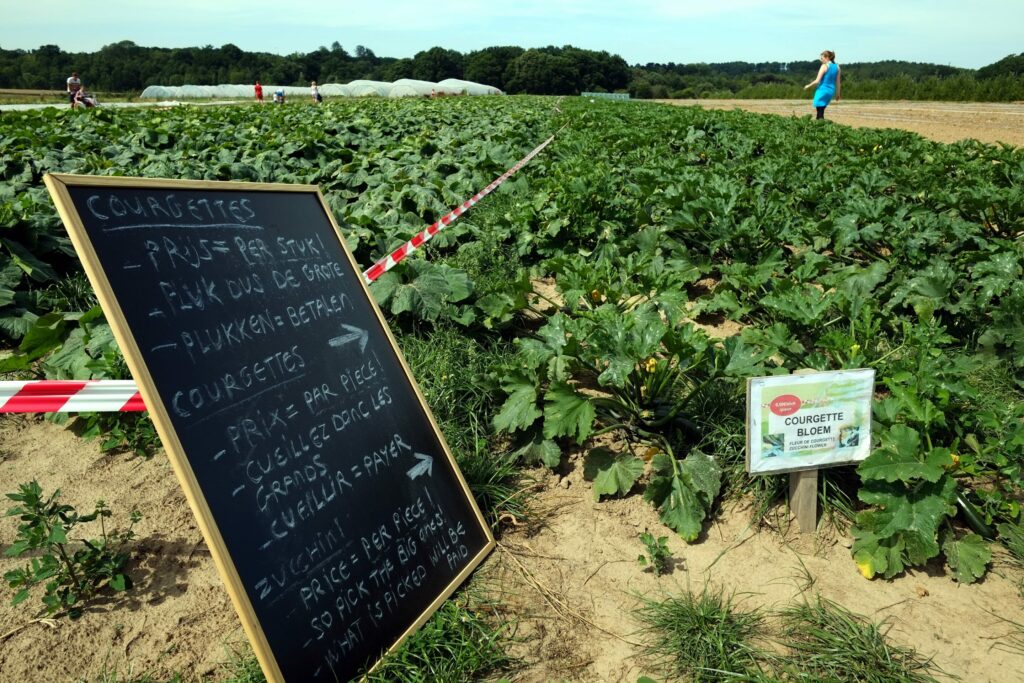Young people who eat more organic food have more toxins in their blood and urine than those who don't, according to a yet-to-be-published study by cancer expert and former member of the Superior Health Council Nick Van Larebeke.
Four years ago, Van Larebeke started his research based on the question "Is organic food healthier?" He and his team assumed that they would confirm that organic food is indeed healthier. But the results have told quite a different story.
"Our working hypothesis was that a higher consumption of organic food would go hand in hand with fewer pesticides. But this turned out not to be the case," Van Larebeke told VRT. "On the contrary, higher concentrations were also present for other pollutants. For example, lead (which is toxic to the brain) or arsenic and organochlorine compounds, which are carcinogenic."
The scientists examined the presence of the substances in a representative sample of 600 Flemish adolescents. Among those who reported consuming organic food more than 7.5 times a week on average, the figures were strikingly high: for a number of toxins, the concentrations in their blood were 20%, 30% or even 40% higher than normal.
Eggs, dairy, seeds and nuts
Van Larebeke believed these concentrations were too high and started a three-year process to correct the data. Particular focus was paid to the consumption of high-fat products, breastfeeding (which also passes on pollutants), body mass index and gender. When these factors were analysed the differences were considerably smaller, but still significant.
The researchers concluded that the more "bio" food people consume, the more toxins are in their blood and urine. These include: lead, arsenic, PCB118 and PCB153, the PFAS substance PFNA, various other chlorine compounds and glyphosate. Strikingly, the problem is greatest in eggs, dairy and seeds and nuts – much more than in potatoes, vegetables or fruit.
As organic farming is meant to produce healthier food without the use of pesticides, these findings raised several pertinent questions. Van Larebeke believes the results are largely due to the enormous environmental pollution in the region, which also impacts organic farming.
Previous research has already shown that eggs from free-range chickens in one's garden or home-grown vegetables pose higher risks than "normal" food.

A local organic store in Brussels. Credit: Helen Lyons/The Brussels Times
But Lieve Vercauteren, director of the umbrella association for organic agriculture BioForum Flanders, says the results of the study are "deplorable".
"Chickens live outside and we know since the PFAS crisis that pollutants are stored in eggs fairly quickly. Organic cows also graze outside as much as possible. That may explain the difference," she told VRT. "I feel like organic food is the canary in the coal mine."
Organic food is produced to be purer and cleaner than conventional agriculture, and is just trying to restore the natural balance, Vercautere said. "But the fact that it is apparently no longer possible to produce food naturally is a strong signal that something is thoroughly wrong. We are the first victims of a heavily polluted environment."
Van Larebeke cited environmental pollution but also questioned whether fraud exists in the organic sector. "That people use certain substances in organic farming after all, or that products that are not organic are presented as such (are possible explanations)."
Related News
- Belgium in Brief: Toxic farming and toxic food
- EU nature law passes to restore 20% of Europe's degraded land and sea
- Farmers, green groups demonstrate against proposed GMO legislation
Belgium's Federal Agency for the Safety of the Food Chain (FASFC) has stated that the risks to public health are limited, and that all food is examined – whether it bears the "organic" label or not. Clear data, with a distinction between organic and non-organic do not exist.
But Van Larebeke emphasised that potential health risks should not be taken lightly. "The health risks are really serious. There is more and more data showing that pollution in general determines the risk of cancer or other diseases. A recent Italian study shows that pollution plays a bigger role in this than a healthy lifestyle. It costs us between five and ten life years."
She therefore calls for a comparative study of the differences between organic and other food, on the presence of pollutants in the food itself.

